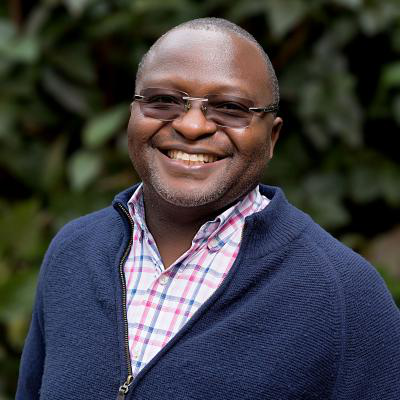Description
The project targets the three refugee settlements of Rhino Camp, Imvepi and Bidi-Bidi in Madi-okollo, Terego and Yumbe districts respectively. These settlements share similar vulnerabilities. The refugee population in these three districts is high, almost equalling the population of nationals in Madi-Okollo. The presence of refugees has impacted negatively on the woody biomass cover (FAO and UNHCR 2017, FAO and World Bank 2018, Duguma et al, 2019b). Natural resources within refugee settlements, just as in the host communities and the rest of the country, meet essential needs and also support livelihoods, particularly charcoal production for urban areas. These pressures are not abating.
Impact: Sustained improvement in livelihoods, food and nutrition security and resilience to climate change in refuge landscapes of northwestern Uganda Major outcome: Sustainably managed green landscapes for increased livelihoods options Sub-outcome 1: Use of Agroforestry practices in tree growing and management increased in Rhino Camp, Imvepi and Bidi-Bidi refugee settlements Sub-outcome 2: Increased household income, assets and food and nutrition security in Rhino Camp, Imvepi and Bidi-Bidi -Bidi refugee settlements























